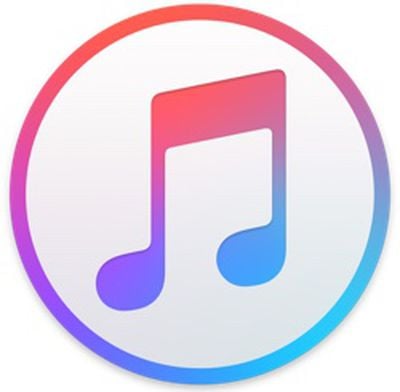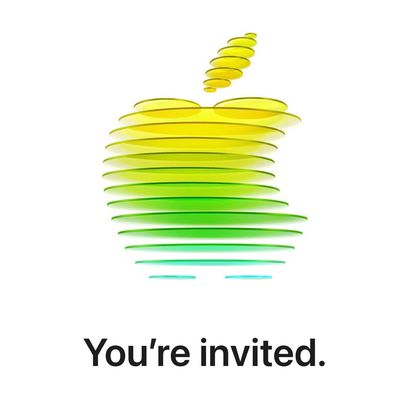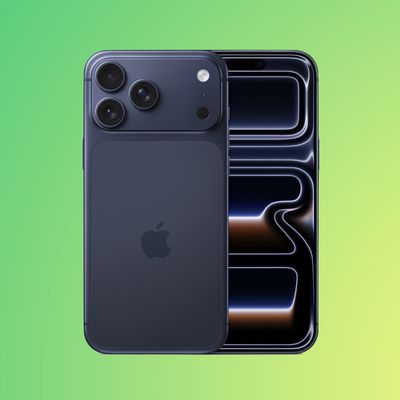Apple Expands iTunes Carrier Billing Initiative to Russia
 Apple has implemented a carrier billing feature that lets Russian customers purchase iTunes content like apps, movies, music, and books using a phone number, reports CNBC. Purchases made with a phone number linked to an iTunes account are then added to a user's monthly cellular telephone bill without the need for a credit card, debit card, or iTunes gift card.
Apple has implemented a carrier billing feature that lets Russian customers purchase iTunes content like apps, movies, music, and books using a phone number, reports CNBC. Purchases made with a phone number linked to an iTunes account are then added to a user's monthly cellular telephone bill without the need for a credit card, debit card, or iTunes gift card.
For its new mobile payment initiative, Apple has teamed up with Beeline, the third largest wireless operator in Russia. Beeline's Russian site says the mobile billing feature is now available to Beeline customers in the country, with the payments powered by San Francisco-based company Boku.
Apple's partnership with Beeline comes a month after it established a similar partnership with German carrier O2. As of late October, O2 customers are also able to link a phone number to their iTunes accounts to purchase iTunes content that's added to a monthly cellular phone bill.
According to CNBC, Apple has started expanding into carrier billing due to lower carrier rates. While carriers have charged as much as 10 to 30 percent to handle transactions in the past, Apple has secured a deal with better rates "in the single digits."
Apple's carrier billing partner Boku has partnered with dozens of carriers around the globe, so it's likely Apple will continue to expand its carrier billing initiative to more countries in the future. Boku works with all of the major carriers in the United States and has established partnerships in countries like Germany, France, Korea, the UK, and more.
Popular Stories
Apple today announced a "special Apple Experience" in New York, London, and Shanghai, taking place on March 4, 2026 at 9:00am ET.
Apple invited select members of the media to the event in three major cities around the world. It is simply described as a "special Apple Experience," and there is no further information about what it may entail. The invitation features a 3D Apple logo design...
Apple is looking for a "breakthrough" with its push into wearable AI devices, including an "AirTag-sized pendant," according to Bloomberg's Mark Gurman.
In a report this week, he said the pendant is reminiscent of the failed Humane AI Pin, but it would be an iPhone accessory rather than a standalone product.
The pendant would feature an "always-on" camera and a microphone for Siri voice...
Back at WWDC 2025, Apple revealed that it was planning to allow CarPlay users to watch video via AirPlay in their vehicles while they are not driving, and the first beta of iOS 26.4 suggests the feature may be nearing availability.
There are several new references to CarPlay video streaming functionality within the iOS 26.4 beta's source code. The feature is not yet visible to users, but...
New trade-in data indicates that Apple's iPhone 17 Pro Max has rapidly become the single most traded-in smartphone.
According to a new report from SellCell, Apple's latest flagship iPhone has quickly risen to the top of the independent trade-in market, accounting for 11.5% of all devices appearing in the top-20 trade-in rankings just months after release. The analysis is based on SellCell...
Apple on Monday invited selected journalists and content creators to a "special Apple Experience" on Wednesday, March 4 in New York, London, and Shanghai.
At an Apple Experience, attendees are typically given the opportunity to try out Apple's latest hardware or software. Following the launch of Apple Creator Studio last month, for example, some content creators attended an Apple Experience...
 Apple has implemented a carrier billing feature that lets Russian customers purchase iTunes content like apps, movies, music, and books using a phone number, reports CNBC. Purchases made with a phone number linked to an iTunes account are then added to a user's monthly cellular telephone bill without the need for a credit card, debit card, or iTunes gift card.
Apple has implemented a carrier billing feature that lets Russian customers purchase iTunes content like apps, movies, music, and books using a phone number, reports CNBC. Purchases made with a phone number linked to an iTunes account are then added to a user's monthly cellular telephone bill without the need for a credit card, debit card, or iTunes gift card.



















